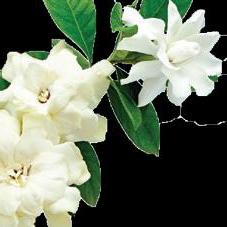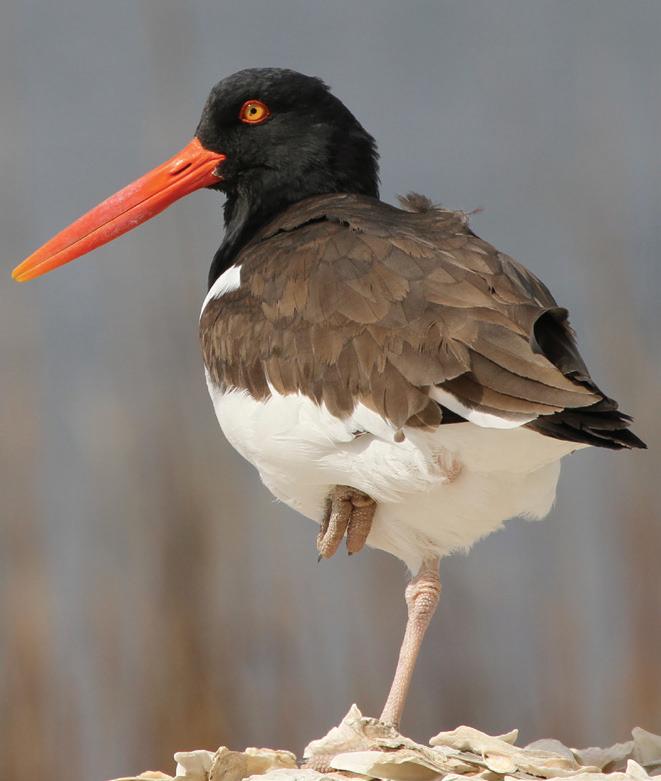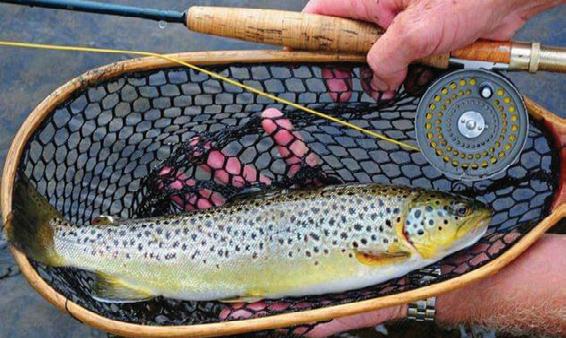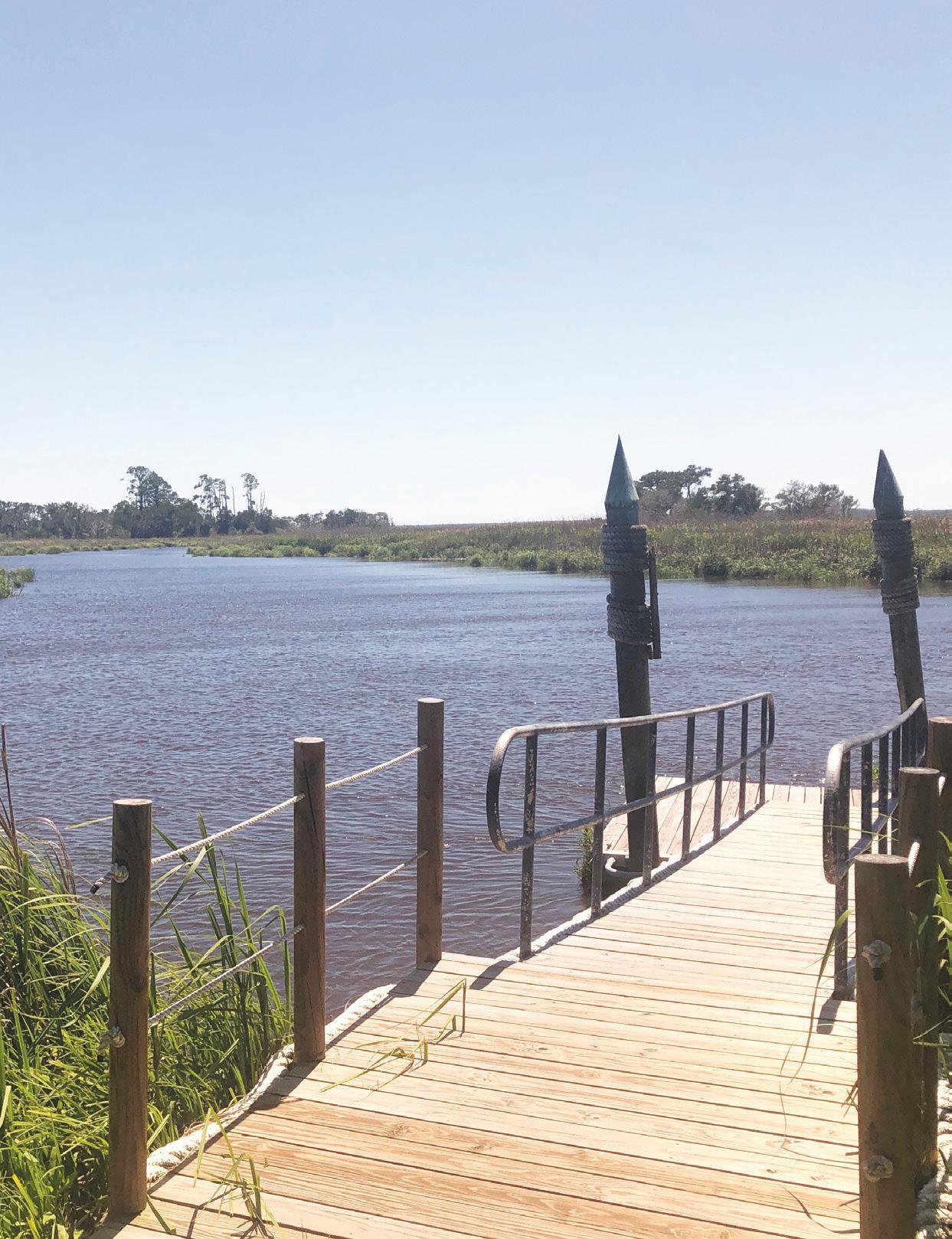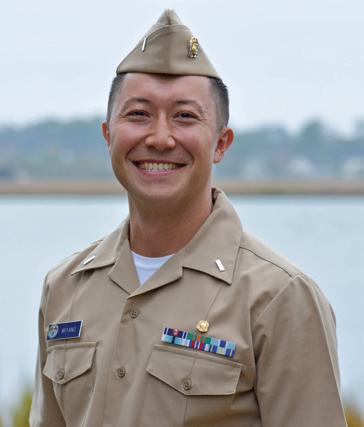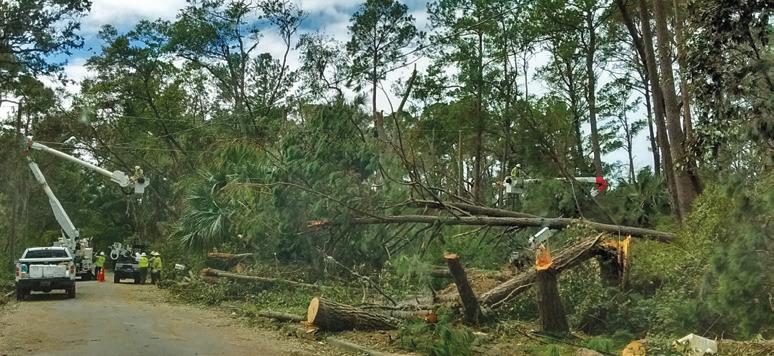GCC Introduces CRAB
only the first phase of research and analyses. In the years to come, GCC members will continue collecting data and analyzing public information in order to rank the indicators based on trends in quality and management practices over time. Members of the public can learn more at: www.GeorgiaCoast.org. The GCC encourages the public to participate in online surveys about their experience exploring our coastal waterways, as well as a quiz to measure their environmental literacy. The data will be used to inform the next release of the CRAB dashboard, and everyone who completes a survey will be entered to win prizes. Surveys for the Altamaha, Satilla, and Savannah Rivers are available at GeorgiaCoast.org/Take-Action Today. To take the coastal literacy quiz, visit GeorgiaCoast.org/Coastal-LiteracySurvey. The Georgia Coast Collaborative launched in 2017 as a network of non-profit organizations working to address the challenges facing Georgia’s coast. The organizations that make up GCC include Altamaha Riverkeeper, Center for a Sustainable Coast, GeorgiaAlabama Land Trust, Georgia Conservancy, Ogeechee Riverkeeper, One Hundred Miles, Satilla Riverkeeper, Savannah Riverkeeper, Southern Environmental Law Center, St. Simons Land Trust, and The Nature Conservancy in Georgia. These organizations have dedicated full-time staff and programs promoting and protecting the special places, rivers, communities, and the significance of Georgia’s coast.
T
he Georgia Coast Collaborative (GCC) announces the launch of the Coastal Resource Asset Barometer (CRAB), an exciting new online tool at GeorgiaCoast.org. Using environmental and economic indicators, CRAB provides an annual snapshot of the natural and cultural resources that affect our quality of life. The dashboard includes indicators on the state of coastal Georgia’s working landcapes, coastal recreation, economic development, land conservation, and coastal literacy. Every year, agencies, non-profit organizations and private managers invest a great deal of time and energy into research and data collection to inform local management decisions and measure the impacts of the many threats facing our coast. “Publicly available data sets can be used to express the value our natural resources have on a healthy economy,” said Susan Inman of the Altamaha Riverkeeper. “Our research teases out the regional statistics to inform local and personal decisions that impact our local economies.” “Everyone living in and visiting our coastal communities share a vision for the future where the quality of life along Georgia’s coast is secure,” adds Megan Desrosiers, CEO of One Hundred Miles. “Researchers, students, and citizens now have one place to go to investigate the indicators that can help us learn more about the health of our coast and the link between our economy and the ecosystems upon which we all depend.” “The interactive maps and info-graphics on the website are designed to help residents and visitors visualize where and what types of water and land spaces are available to them,” said Laura Early, Satilla Riverkeeper. “Getting more people out into the coastal environment through managed access points helps build that ethic of conservation we need to sustain these special places.” CRAB was made possible through the generous support of the R. Howard Dobbs, Jr. Foundation. The launch of CRAB is June 2020
Southern Tides Magazine
13
www.GeorgiaCoast.org



